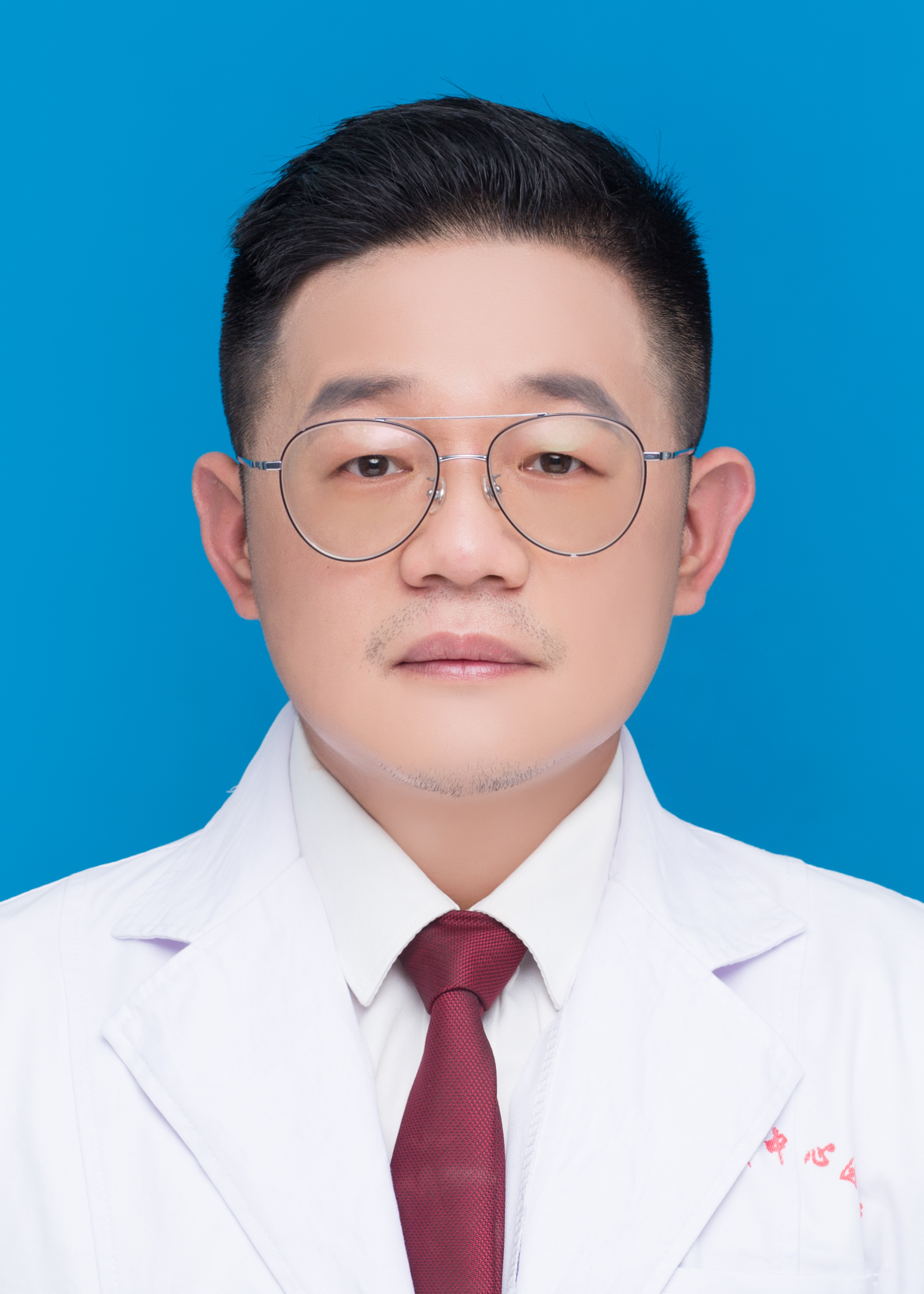
张立,医学博士,武汉市中心医院眼科副主任医师。擅长白内障、青光眼、屈光不正、糖尿病视网膜病变、视网膜脱离等相关疾病的临床诊疗工作。科研方面,主要从事老年性及先天性白内障视功能、脑功能、糖尿病视网膜病变、近视防控及医学相关人工智能等方面的研究,以第一作者或通讯在国、内外著名期刊(包括EBiomedicine、Scientific Reports、Exp Ther Med、PHOTODIAGN PHOTODYN,Frontiers系列期刊等)发表学术论文近20篇。近年来,一直致力于白内障手术对大脑结构和功能的影响以及多焦点人工晶体神经适应等方面的热点研究,起初研究成果被Lancet(2016)会议收录,系列研究成果分别发表在EBiomedicine(2017,Q1),Front Neurosci(2021,Q2)及中华实验眼科杂志(2022)。参与多项国家重点研发项目,主持省、市级科研项目2项。此外, “白内障术后视觉重建中Notch信号通路介导褪黑素对海马区结构和功能的影响及分子机制研究”获2020年度眼科学国家重点实验室开放课题基金资助(2020KF05)。
Zhang Li, M.D., is a Deputy Chief Physician in the Department of Ophthalmology at The Central Hospital of Wuhan, specializing in the clinical diagnosis and treatment of various ocular diseases, including cataract, glaucoma, ametropia, diabetic retinopathy, retinal detachment and related diseases. In the realm of scientific research, Dr. Zhang focuses on visual and brain function in relation to senile and congenital cataracts, as well as diabetic retinopathy, myopia prevention and control, and medical-related artificial intelligence. He has served as the first author or correspondent on nearly 20 academic papers published in prestigious journals both domestically and internationally, including EBiomedicine, Scientific Reports, Exp Ther Med, PHOTODIAGN PHOTODYN, Frontiers series journals. Recently, he has been exploring the impacts of cataract surgery on brain structure and function, along with neural adaptation to multifocal intraocular lenses. His initial research findings were presented at the Lancet conference in 2016, and subsequent results were published in leading journals such as EBiomedicine (2017, Q1), Frontiers in Neuroscience (2021, Q2), and the Chinese Journal of Experimental Ophthalmology (2022). Dr. Zhang has participated in multiple national key research and development projects and has led two provincial and municipal scientific research projects. His study titled " Effects of Notch signal pathway on the structure and function of the hippocampus and its molecular mechanism in visual reconstruction after cataract surgery" received funding from the 2020 State Key Laboratory of Ophthalmology Open Project Fund (2020KF05), highlighting his significant contributions to the field of ophthalmology.